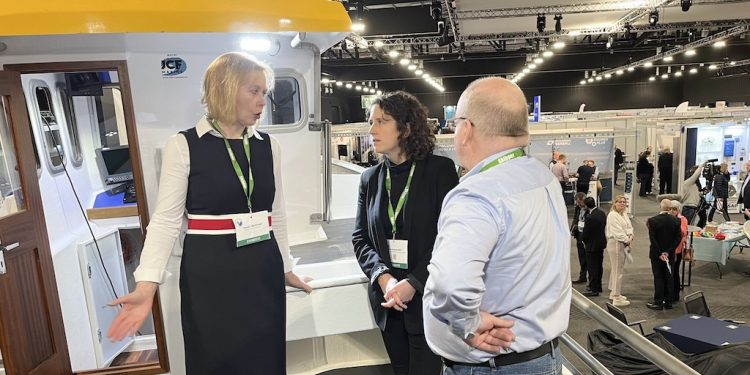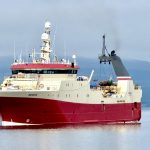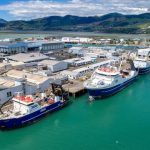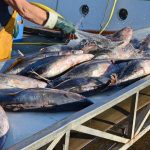Speaking at the Scottish Skipper Expo in Aberdeen, SFF chief executive Elspeth Macdonald has warned that Scottish Government must stop and rethink its deeply unpopular proposals for strict marine conservation zones.
In opening remarks she said ministers have failed to make the case for Highly Protected Marine Areas (HPMAs), telling Cabinet Secretary for Rural Affairs Mairi Gougeon that ‘our recent experience in engaging with the government on HPMAs has been far from meaningful. We all need to work to protect nature and we all need to act to help tackle climate change. But this is not the way to do it.’
“I absolutely know I am not alone in calling for the government to stop and rethink these proposals, which are causing great concern and anxiety all around Scotland’s coast,’ Elspeth Macdonald said.
‘We have shown over many years that we are committed to nature conservation, but it has to be founded on evidence; properly and carefully developed with the genuine involvement of stakeholders and balanced alongside sustainable use.’
She highlighted the industry’s constructive involvement in the creation of Marine Protected Areas (MPAs).
‘That work has been a number of years in the making – getting it right, doing it properly and taking people with you. Almost 40% of Scotland’s seas are designated as MPAs, and the government’s own programme of reviewing their effectiveness is still to be completed. Sadly the Scottish Government’s approach to HPMAs is taking us backwards. Generated from a political agreement with the Scottish Greens, SFF firmly believes that the government has failed to make its case for HPMAs, and strongly opposes the approach set out in the recent consultation.‘
Elspeth Macdonald also took the opportunity to underline the threat from the rapid development of huge offshore windfarms, which together with HPMAs are causing a spatial squeeze that means the industry ‘feels under threat like never before.’
‘Let us be in no doubt, while the energy sector rushes to show its green credentials in energy transition, these will be massive industrial developments in our own waters. Very little is known about their long-term effect. The problem with being ambitious to be ‘global leader in offshore wind’ also means you are also the global guinea pig.’









